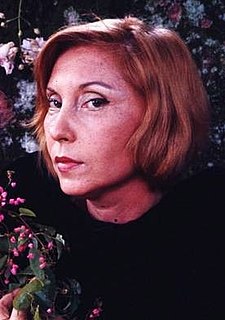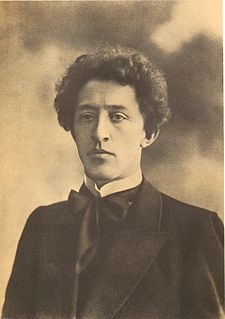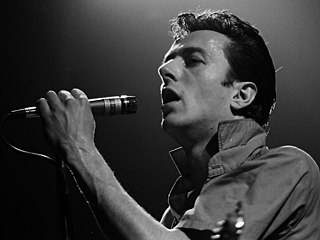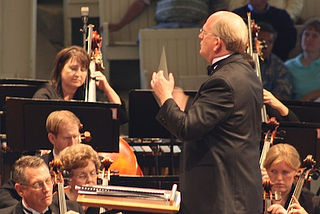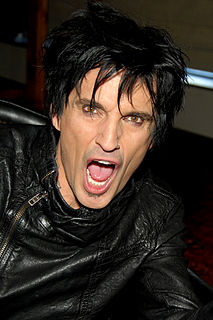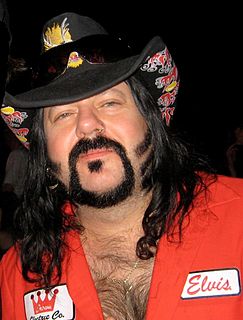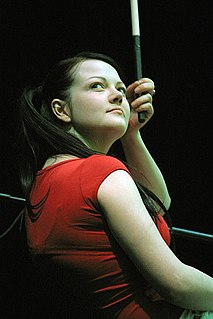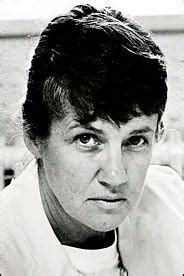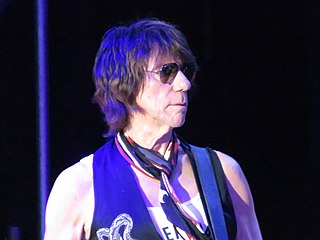A Quote by Clarice Lispector
You don't understand music: you hear it. So hear me with your whole body.
Related Quotes
Noam Chomsky is, in some ways, a victim of this new millennium we live in because you can't pull a sound bite from that guy and understand what he is talking about. You have to hear the whole paragraph. You have to hear the whole page. You've got to hear the whole conversation if you really want to understand it and that could change your life.
I think right now is when we need to hear different voices coming out of all parts of the world. You can't just hear the politicians and the military leaders. You have to hear from the taxi drivers. You have to hear from the painters. You have to hear from the poets. You have to hear from the school teachers and the filmmakers and musicians.
What I've learned from my gurus is that when you hear music, you hear a person, or you hear people, and you hear everything about them in those moments. They reveal themselves in ways that cannot be revealed any other way, and it contains historical truths because of that. To me, that is the most important thing. It shouldn't be a footnote, or the last chapter. It should be the complete thesis about a book on listening.
I do hear snippets on the radio. I do hear a little bit of me, sometimes great chunks of me. But I have to take that as a compliment; there's no way you can get sour grapes about that. But if somebody starts taking your whole new thing lock, stock, and barrel, and do their own version of it before you do it, that's not on.
